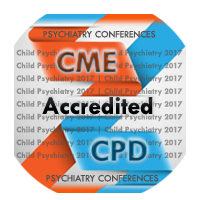
Maree Sugai
Tohoku University, Japan
Title: Building cross-cultural patient-physician trust through discourse: Re-inventing doctor-patient narrative from an anthropological perspective
Biography
Biography: Maree Sugai
Abstract
Discourse analysis of doctor-child narrative in clinical setting can be used to identify primal cultural assumptions that may affect understanding of psychosomatic symptoms. Patient-doctor narrative is coded and broken down to uncover themes and meta-themes that matter most to the child within their individual, diverse, multi-cultural and socio-cultural experience of their illness. Narrative is analyzed through qualitative data software transcript and researcher’s observation memos including identification of social conflict components, cultural contradictions, irregularities of thought pattern affected by interactive reaction or question, patterns of social control, missing or with-held information, moments and triggers of fluster, cumulative recognition of triggers of antagonism or pain. These linguistic clues are then split and, or, lumped into a similarity matrix
utilizing multi-dimensional scaling (MDS) and cluster analysis to illuminate emic meaning and contribute to a more successful
outcome of patient description and practitioner’s understanding of symptoms prior to diagnosis. Methods include oral history,
focus groups, participant observation, field notes, MAXQDA software analysis, and semi-structured interviews in Japan.

